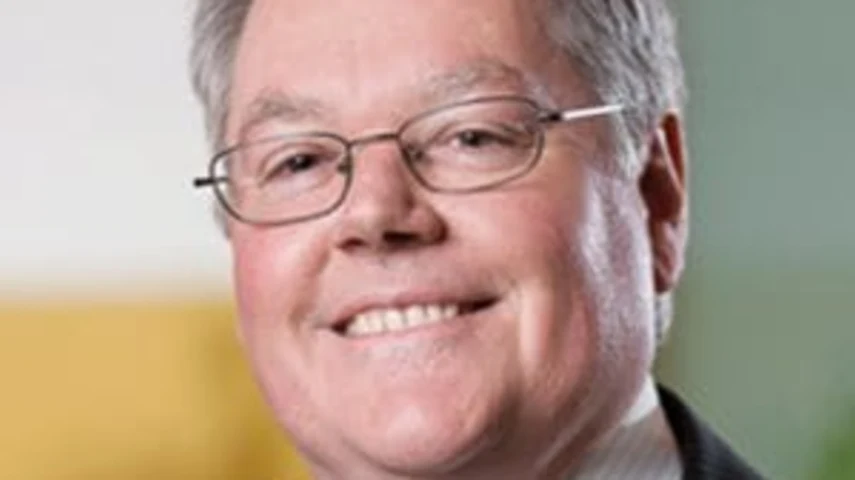High price paid for bad planner behaviour



The whole industry had been made to pay a price for the actions of whistleblowers associated with the Commonwealth Financial Planning enforceable undertaking and subsequent events, according to Financial Planning Association (FPA) chief executive, Mark Rantall.
Chairing a panel discussion on whistleblowing during the FPA congress in Adelaide, Rantall said there could be no question of the price which had been paid by the industry in terms of adverse publicity.
His comments came as Commonwealth FP whistleblower, Jeff Morris said that his actions in pointing out the problems to the Australian Securities and Investments Commission (ASIC) and then going public in the media had changed his life and that he still believed whistleblower protections were not adequate to deal with the stress that would be experienced.
"From a whistleblower perspective there are no protections," Morris said. "I was simply cut loose to take care of myself."
Rockwell Olivier principal and lawyer, Peter Bobbin said he believed firms needed to accept that having whistleblowing policies in place represented a sub-set of ethics and something that needed to be supported fro the top down.
However, he said he believed that it was appropriate that firms retained external providers to deal with whistleblowing complaints because this made it easier for both the whistleblowers and the companies themselves.
"Having an external person to report to makes it easier and more appropriate," Bobbin said.
Recommended for you
Despite the year almost at an end, advisers have been considerably active in licensee switching this week while the profession has reported a slight uptick in numbers.
AMP has agreed in principle to settle an advice and insurance class action that commenced in 2020 related to historic commission payment activity.
BT has kicked off its second annual Career Pathways Program in partnership with Striver, almost doubling its intake from the inaugural program last year.
Kaplan has launched a six-week intensive program to start in January, targeting advisers who are unlikely to meet the education deadline but intend to return to the profession once they do.










